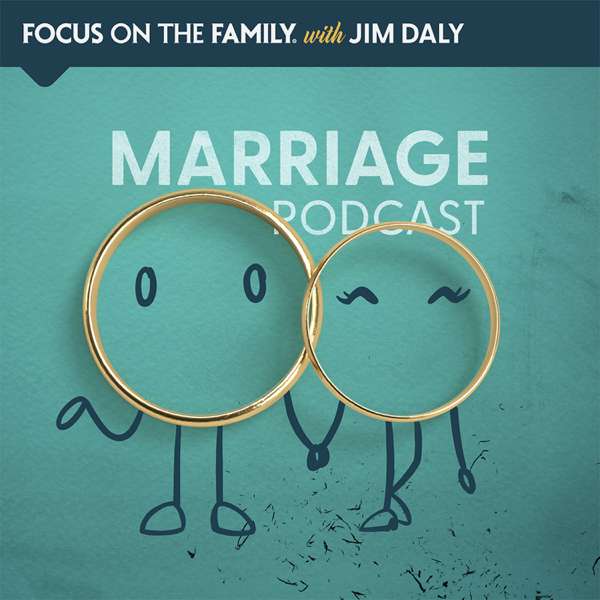In the summer of 1971, the Middle East was hit with a devastating drought. In an effort to provide its people with food, the Iraqi government purchased 95,000 tonnes of grain from North America. Despite the good intentions, this grain would injure over 6,000 people and kill 459 officially, while more realistic estimates put the casualties at ten times those numbers.
The grain that proved so deadly to Iraqi families wasn't meant to be eaten at all. A special coating applied to the grain was intended to protect it from rot while in transit. The coating was safe for grain that would be planted, but toxic if used to make bread, or feed animals. Governments around the world were aware of this risk, but in 1971 few had actually passed legislation to prevent the kind of poisoning that scarred Iraq forever.

 Our TOPPODCAST Picks
Our TOPPODCAST Picks  Stay Connected
Stay Connected







